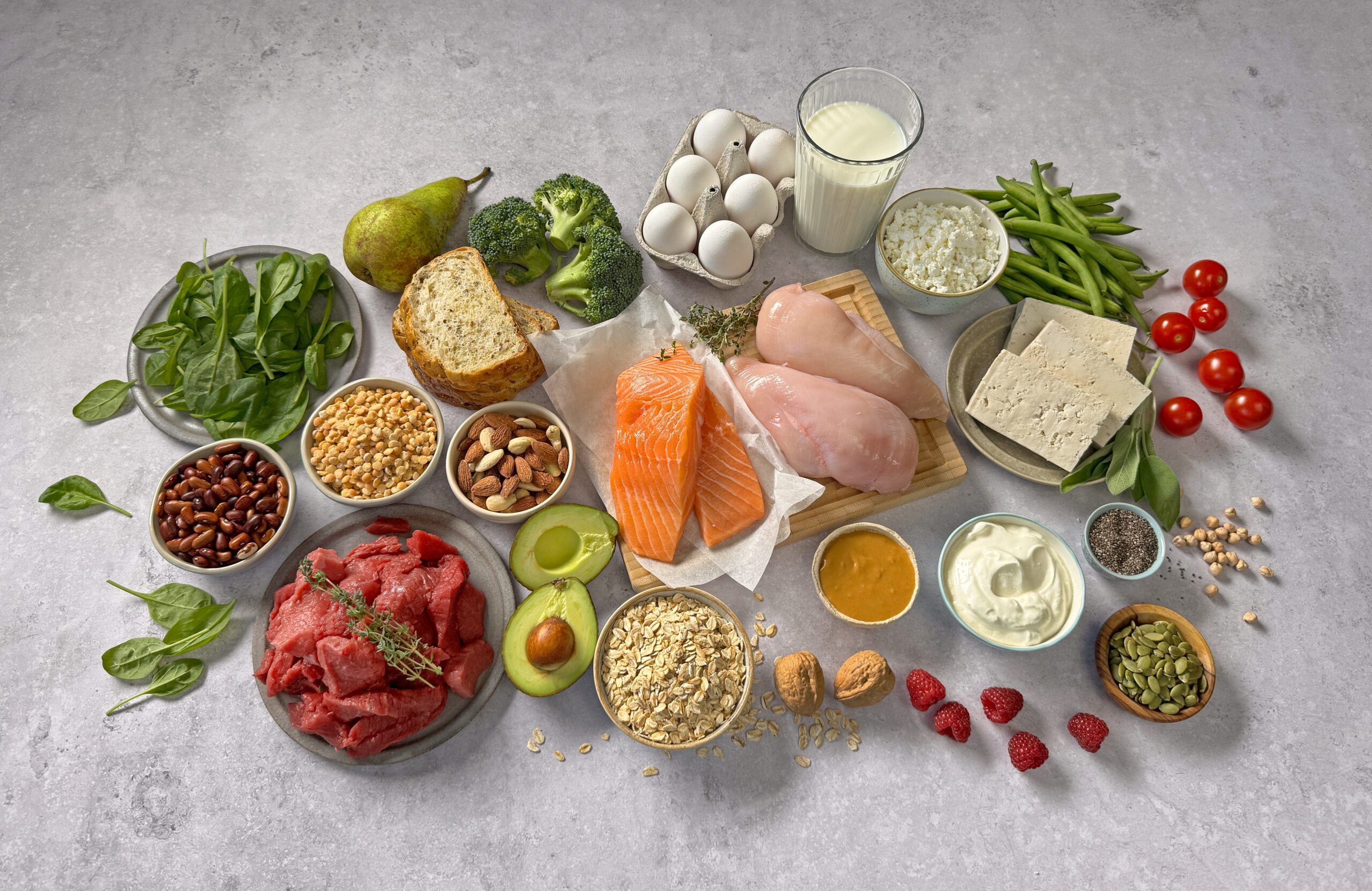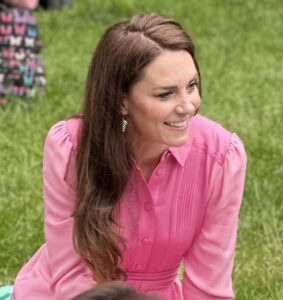Tips to safeguard your mental health this Christmas
Christmas can be a challenging time for many people. Ahead of this year’s festive week, Gerard Barnes, CEO of mental health treatment specialists Smart TMS, has shared his top 5 tips with readers of The Sloaney for remaining healthy and happy throughout Christmas.
Talk about your feelings
Many people will expect you to be in great spirits at Christmas, but don’t necessarily take into account why you may appear to be down. For those of us who experience negative thoughts or feelings at Christmas, it can be hard to admit that at such a festive time of the year that you don’t share in the delight of the holidays. However, more people are struggling than you think. Making the decision to talk about your feelings and share them with those around you can improve your mood and make it easier to deal with the tough times – especially when you discover that many of the people around you may find themselves in the same position!
Be picky with social engagements – they are not obligations!
It’s extremely easy to get burnt out over Christmas and New Year. Between work parties, spending time with friends, the intensity of family gatherings and then the pressure of New Year, many people are sucked into giving away too much of their free time and ending up extremely tired, lethargic and blue. Make time for the people you care most about, but ensure that you take enough time for yourself to recover and relax.
Give SAD the sack
The weather influences the way in which we behave every day – it dictates the food we eat, the clothes we decide to wear, and to some extent where we decide to go. However, for millions of people in the UK, the short, dark days around Christmas and New Year can have a disastrous impact on health and wellbeing, triggering the onset of a depression known as seasonal affective disorder, or SAD.
There are, however, plenty of ways to alleviate the symptoms of SAD. Getting regular exercise, eating a balanced diet and exposing yourself to as much sunlight as possible are of course extremely important, but you could also consider other options such as light boxes and dawn simulators to help regulate your circadian rhythms.
SAD is also closely linked with a lack of vitamin D which your body naturally produces when exposed to sunlight – given that sunlight is in fairly short supply in the UK at Christmas, it may be worth getting your vitamin levels checked – using vitamin D supplements could certainly help to resolve any deficit you may have.
Reduce alcohol consumption
For the heavier drinkers, those trying to cut back, and people who perhaps have a poor relationship with alcohol, my suggestions for remaining sober and in control at Christmas are as follows:
- Take your favourite non-alcoholic drinks to any parties or gatherings, for example soda water, ginger beers or lemonade. This will help you to blend in with a glass in your hand, you’ll feel less conspicuous, and will likely avoid being asked for a drink every few minutes
- Plan activities that will get you out of a setting in which you would typically find a drink in your hand – for example, winter walks, going to the cinema, family activities at home, etc.
- Be assertive: a lot of people will likely question you on your decision not to drink. Some will be genuinely interested; others may just enjoy poking fun. However, if you ensure you come prepared with a short but effective summary or spiel as to why you’re deciding not to drink, this will really help you to avoid peer pressure and take ownership of your decision.
Stay Active
It’s very easy to become inactive and sedentary at Christmas. The food, the presents and the time spent with close ones can compound with the often poor weather to make the prospect of exercise daunting. However, regular exercise can boost your self-esteem (especially for those who enjoy the chocolate at Christmas), and will also help you to sleep better and get the rest that so many of us look forward to in the run up to Christmas.
Gerard Barnes is CEO of mental health treatment specialists Smart TMS. Smart TMS uses technology to treat a range of mental health conditions.









